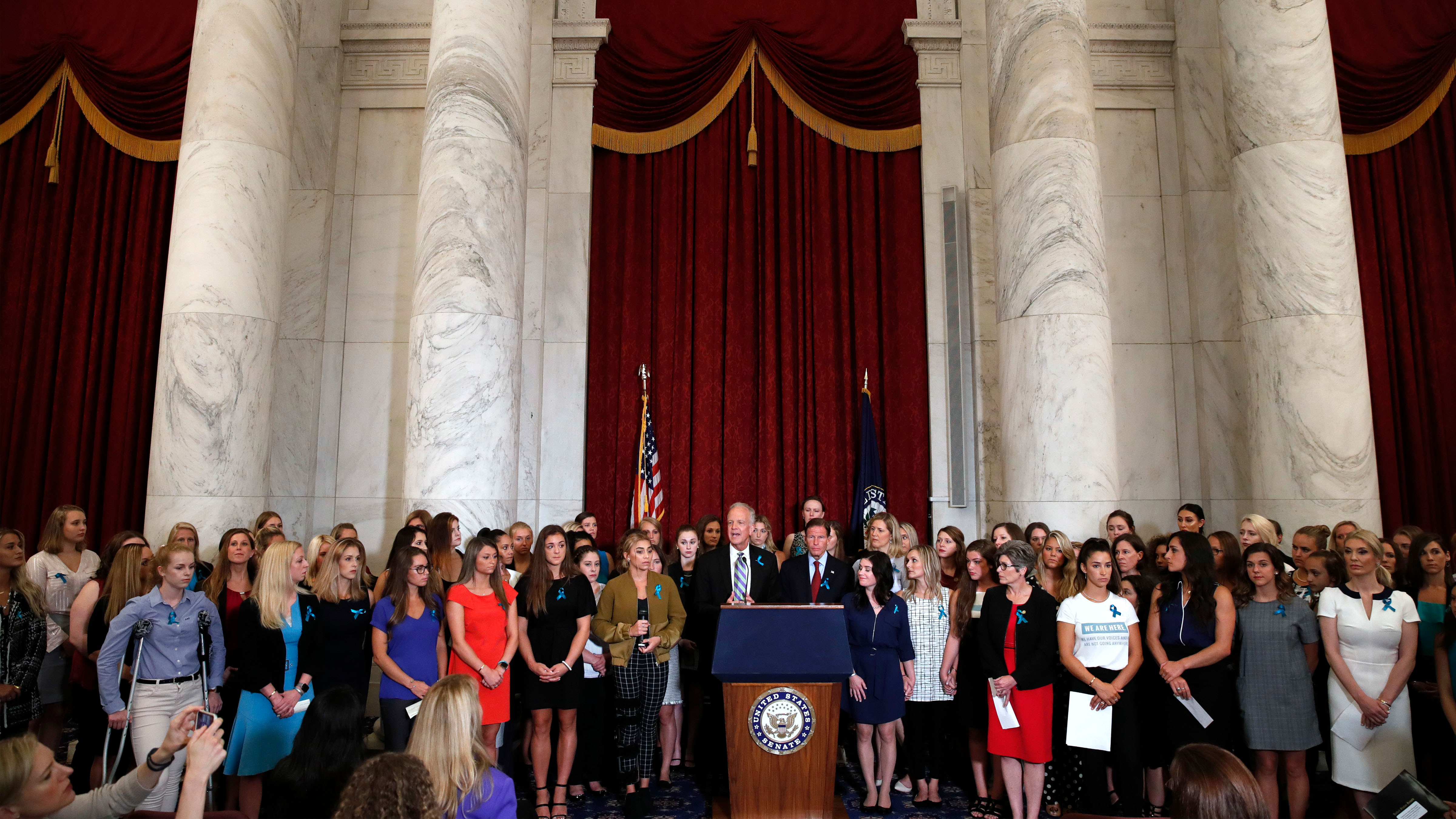Raising Healthy Kids: Twin-twin transfusion
Twins are one of nature's little miracles, and one pair is even more miraculous - they arrived after high-tech surgery to stop a life-threatening condition.
Aspen and Ainsley Jones love being identical twins - and using it to play jokes on others.
"Sometimes we dress alike," Aspen explained.
Or they'll trade shirts!
But at an ultrasound before they were born, Tom and Rochelle Jones realized their twins were in danger.
Rochelle explains, "I kinda sensed there was something wrong."
They developed twin-twin transfusion syndrome - when the blood supply between the babies is way out of balance.
Dr. Mark Johnson from Children's Hospital tells us, "There are more connections that go from the smaller twin side to the larger twin side that aren't compensated by vessels coming back."
Over time the smaller baby loses blood to the bigger one. The blood pressure and nutrients for the little one drop perilously low. But they go too high in the larger baby.
Dr. Johnson says doctors used to reduce the fluid in the amniotic sac around the bigger baby. But there was still a risk of premature delivery, and with it, developmental problems.
Now, he operates IN the womb to stop the lopsided blood flow.
Dr. Johnson explains, "We identify these connections, and we close them off with the laser, and by doing that, you completely separate the two wins."
He continues, "The instruments are tiny, the incision is maybe a quarter of an inch, the procedure takes maybe 20 minutes."
Fortunately for Rochelle and Tom, it worked and the girls were born full-term.
"They were born perfectly healthy, and they came home with us from the hospital," says Rochelle.
The girls now love dance, dolls, and are good students.
Doctors don't know why twin-twin transfusion develops, and there's no way to prevent it. But with the laser surgery, survival rates are higher, and complications are far lower.




